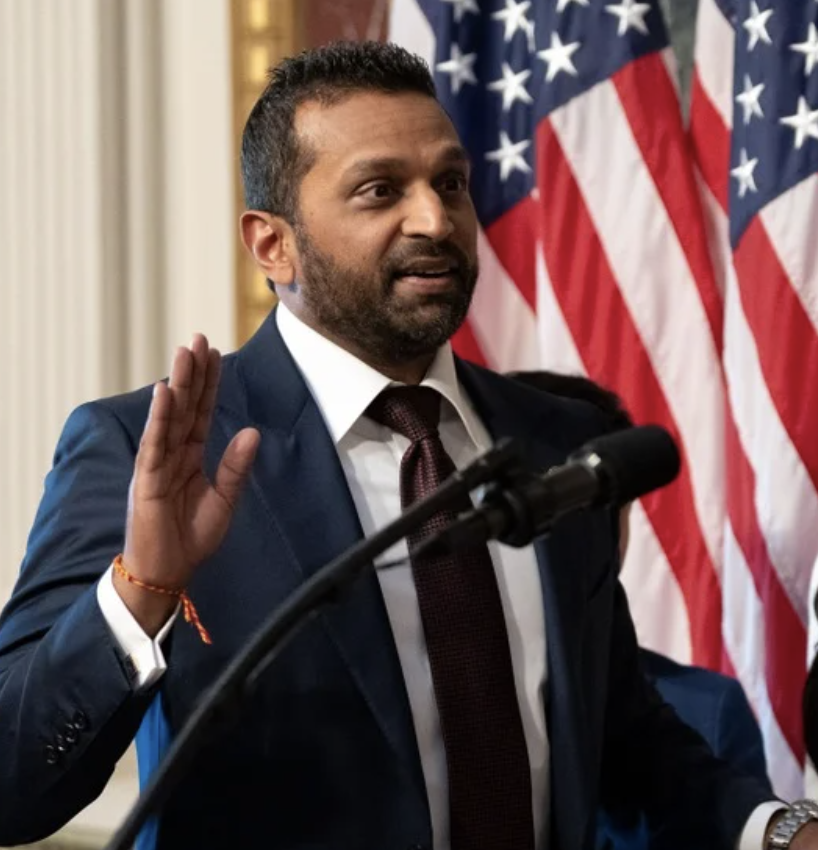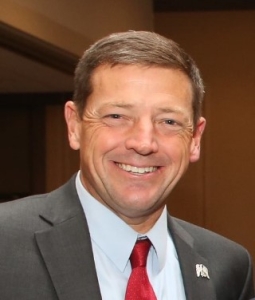
Every young lawyer remembers the guy who gave him his first real job. For me and some others, it was a mark of distinction that that guy was Jim Robinson.
His death last Friday from cancer evokes a painful loss but also many happy memories about a man who was one of the finest lawyers of his generation.
Although Jim’s long and successful career as a litigator, public servant, author and teacher included many of the highest achievements available in the legal profession, it was for many of us his term as a 34-year-old U.S. Attorney in Detroit which we remember most fondly.
During his three-year term from 1977 to 1980, he set a framework for the modern federal prosecutor’s office and inspired dozens of young lawyers along the way.
Jim re-organized and modernized the U.S. Attorney’s Office in ways that are still followed today in this and other districts around the country.
He convinced the Justice Department to let him hire several dozen new lawyers and support staff, and he filled the positions with a diverse group, including women, African Americans and former defense counsel, three groups which had been greatly under-represented.
He re-structured the office into Divisions and Units, re-formulated a press policy, established a pre-trial diversion program, and emphasized the need for continuing legal education.
He started a Federal-State Law Enforcement Committee, which still meets regularly thirty years later, to discuss common strategies and crime problems.
He re-defined the office’s prosecution policy and shifted from a volume approach to a selective policy of investing more resources in more culpable and insulated targets.
Jim also put more emphasis on civil enforcement, especially natural resources, tort defense, civil rights and combating fraud in federal programs. It was a sea change for the better.
Jim emphasized integrity at every functioning level. I remember a short interchange at one of those “Monday lunch” sessions he initiated, and it has stuck these thirty years.
Some of the Assistants were complaining about an instruction some of the district judges were then giving to trial jurors that they need not be concerned in reaching their verdict about whether the government wins or loses the case since the government always wins as long as justice is done.
Jim settled the matter, “Hey that is what we do, or try our best to do, what is right in every decision in every case, whatever our personal preferences. It’s not a contest and winning isn’t the objective.”
As a boss, Jim was a master of the personal touch not only because it was good management, but more because that was the kind of person he was. When a trial or appeal went well, you could expect him to stick his head in your door with some thumbs-up words of encouragement or to leave an “attaboy” note on your desk. I still have a couple of them.
When a forgivable error was made, Jim considered it a lesson learned, and I heard him quote more than once the words of W. Somerset Maugham, “Only a mediocre person is always at his best.”
I have found it useful after my kids’ sporting events. A loss after a hard fought effort by a disconsolate Assistant sometimes brought out Jim’s quotation of John Kennedy and Teddy Roosevelt about the credit belonging to the person in the arena, marred by dust and sweat and blood, who if he fails, at least fails while daring greatly not sitting with those cold and timid souls on the sidelines.
Boredom and cynicism had no place when Jim was around. Instead there was laughter, hard work and long hours. Work was meant to be fun, but no one ever said it was meant to be easy.
Above all there was an unspoken sense of job satisfaction, patriotism, and fulfillment in public service. Important principles, people’s lives and freedoms, and crucial decisions were on the daily agenda. But that didn’t prevent a practical joke on a colleague, and Jim was sometimes a facilitator.
After his tour as U.S. Attorney, Jim went on as a nationally known litigator and a sought after lecturer for advocacy programs.
He supervised the Justice Department’s Criminal Division under President Clinton in 1998. He was a law school Dean and professor, President of the Michigan Bar, drafter of the Michigan Rules of Evidence and prolific author of books and articles. The list of his positive contributions to the rule of law in Michigan and the country goes on and on.
But it is not this towering man of national achievement and recognition I remember most fondly.
It was a teacher who spent a couple hours explaining and working through some knotty hearsay exceptions with a panicking young prosecutor the night before a trial was to begin.
It was a charismatic young U. S. Attorney who managed with his sleeves rolled up, walking around implementing new plans and ideas, spreading confidence and energy to all of his colleagues.




